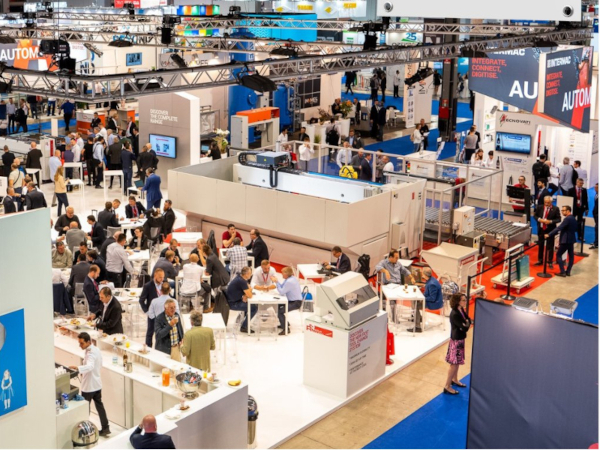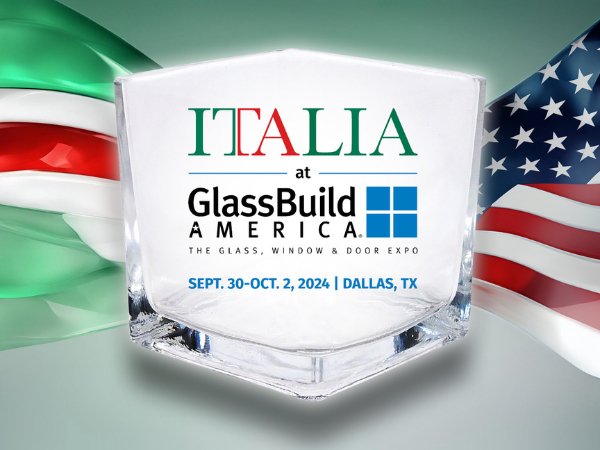Date: 31 July 2013
Bottles and glass tableware are doing well, with a few exceptions, while pharmaceutical products have skyrocketed.
Performance data pertaining to 2012 for Italy's glass processing machines and accessories industry (recently compiled and published by Gimav), clearly indicate the sector's excellent state of health, with hollow glass making an especially strong showing. After the arduous years that followed the 2008 financial crisis, the industry's recovery has been significant; in fact, it has even managed to exceed pre-crisis levels of turnover. Of course, a 10.95% increase in exports in 2012 served not only to confirm the industry's commitment to export but also reinforced it. The growth figure by itself speaks volumes about the true impact this sector has on Italy's entire industrial sector.
So, how did we manage to scale this hill that initially seemed so steep? "After a more or less lengthy period of stagnation, suddenly the wheels started turning again. Clearly, there were some favorable circumstances, because a number of companies (at different times) found themselves in a situation that called for restructuring. This led to the decision to invest in modernizing their manufacturing plants, putting themselves in a position to meet the growing demand for quality goods that is now typical of the global market", explains Michele Gusti, Managing Director of OCMI-OTG and President of Gimav's Hollow Glass Group. "However", he postulates "it is still too early to say we are in the presence of an established trend, because we do not have a constant (or at least, ongoing) flow of orders. Performance is still punctuated by highs and lows. One particular, but important consideration is that it takes a fairly long time to build a system or a line. From the initial design stage to its approval, and on up to delivery, many months can go by, at times even a year or two."
.jpg)
However, it is a known fact that starting in 2010, after the market standstill in 2009, our recovery has been strong and steady, with percentage results that are even more significant when compared to those posted during the same period by the flat glass sector. "The situation in which hollow glass manufacturers operate is different, and very unique", continues Michele Gusti. The needs of manufacturers of bottles, drinking glasses, and vials for the pharmaceutical industry are specific and often very complex; as a result, the machines that make them are complicated and in a constant state of technological evolution. It makes sense that those who have the skills to do it better, the best technology and a passion for innovation, are the ones who come out on top. In this regard, the Italians are still among the absolute best on the planet. The only really significant competition we have is in China, and only in terms of its domestic market."
Among the biggest importers of Italian machines are Russia, China and Turkey. In fact, in 2012, Turkey more than doubled its orders, making it the number one destination market for our products. However, the situation differs greatly from country to country. "This year, Russia has been a big disappointment, even at Mir Stekla there was very little enthusiasm. Glass tableware has ground to a halt, interest in bottles is a little more lively, and pharmaceutical vials are on the upswing," concludes Michele Gusti. "We have even noticed a certain hesitancy in China, but that does not change the fact that in 2010 and 2011, numerous big deals were made. In addition, the contracts are always long-term, with deliveries that are frequently postponed over the lifetime of the contract. It is likely that the data for 2013 will benefit from these delayed deliveries in 2012 that are pending completion this year. Timelines on orders are often influenced by excessive input of a political and financial nature that ends up severely limiting the overall economic outcome. Turkey, on the other hand, has turned out to be a strong, steady investor, with some high-level projects. The largest and most recent one was carried out in Bulgaria – a sizable and quite demanding project in which almost all of our members participated."







Add new comment